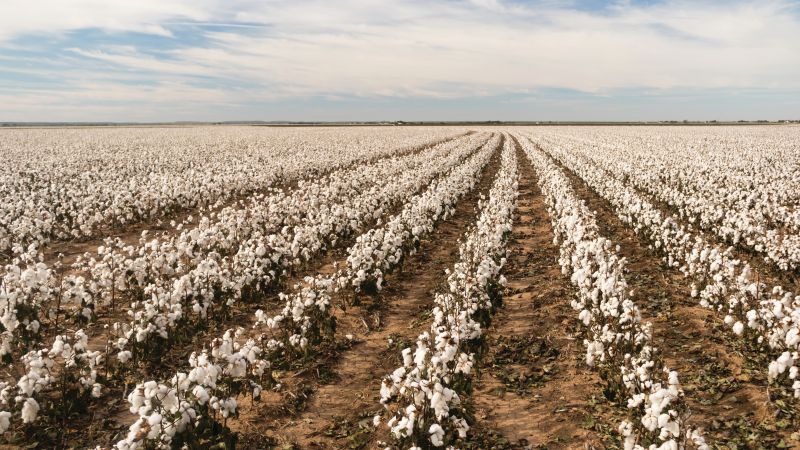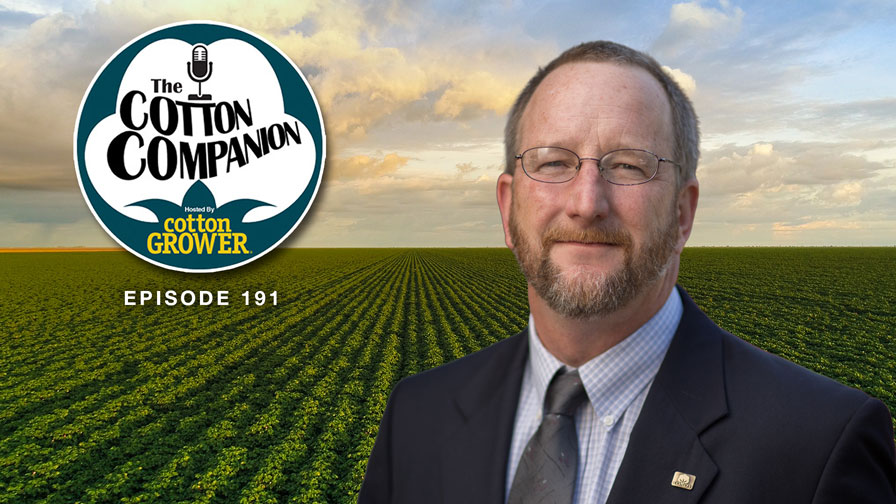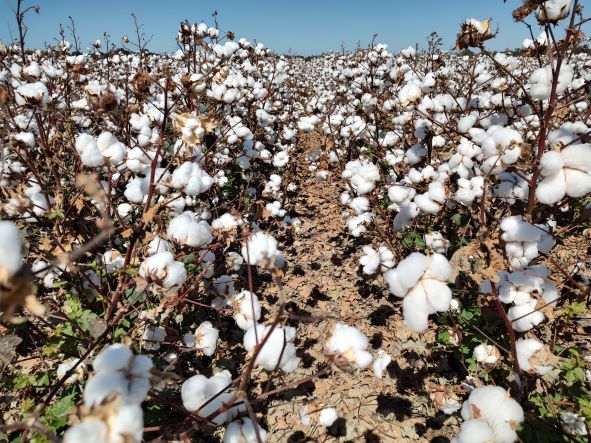Maximizing Your Farm’s Profits: Industry Leaders Weigh In

As a manager of over 19,000 acres of crop, cattle and timber in Idaho, Dick Wittman has his hands full with production agriculture. He’s also all-too familiar with the challenges that must be overcome on the business end of a diversified farming operation.
That’s why, he says, a solid management accounting system is an essential for farmers looking to increase their profitability.
“Management accounting has a number of benefits that allow people to say ‘These are the things that have added value my business.’ It’s enabling people to better optimize those procurement practices. It’s helping us to better understand overhead and streamline those costs,” says Wittman.
In February, Wittman and Larkin Martin shared their knowledge of management accounting and record keeping through a Cotton Grower webinar titled ‘Building Profitability: The tools needed to get the job done.’ Sponsored by MapShots, Red Wing Software and Cotton Incorporated, the webinar highlighted best production practices for farmers who feel they could make their farms more profitable. Wittman recognized that the subject can sometimes overwhelm a grower.
“It’s a heavy subject. It’s one of those things that can make your head hurt, but in my opinion, it’s the new frontier of farm management,” says Wittman.
In his presentation, Wittman highlights the six core principles of management accounting, encouraging growers to divide all activities in to responsibility centers, and to make sure to separate accounting transactions from economic transactions.
Martin, the immediate past-Chairperson of the Cotton Board, brings some of Wittman’s suggestions down to an on-farm level.
“The best thing I can do as a manager is try to understand what our costs are, and to make good decisions based on knowing those costs,” says Martin.
Certain precision practices that can drive up a farm’s profitability can also require added attention when it comes to record keeping. Martin stressed that this factor, combined with the highly volatile cotton market, highlight the importance of solid management accounting and record keeping practices.
“I don’t think you can do record keeping today without computers and software programs. I don’t think you can do it today in row crops without very good field mapping tools and field record databases,” Martin says.
Presentations from Martin and Wittman have been recorded and archived for further viewing. Those interested in hearing and viewing their presentations should visit www.Cotton247.com/webinars. Once there, they will be asked to follow a link and login to view a recording of the ‘Building Profitability’ webinar.









